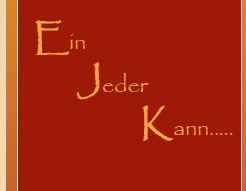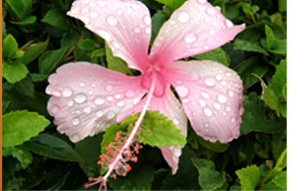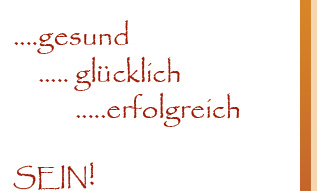Huna

Huna is a Polynesian term and means „secret", referring to the spiritual wisdom of Polynesia Like so many other words in the Polynesian language, Huna has numerous meanings which become clear only within the context they are used. The term "HUNA” is pretty young but denotes a thousands of years old tradition. The name was coined by Max Freedom Long and Dr. Serge Kahili King in the middle of last century.
Only since then Huna is used in the Western world (strongly influenced by Max Freedom Long and his Metaphysical research), as Polynesian teachings were not secret in former times, but available under different names. One of the most widely used terms was "ho´omana”, composed of the two syllables "ho´o”, meaning "to do something” and "mana”, meaning "life-force”. Used as one it means smoething like "empowerment” or "to empower”.
 It is estimated that the Huna tradition is up to 35.ooo years old thus being amongst the most basic traditions of our Universe. The Hawaiian continent, of which only the peaks have remained, forming what we today know as the Hawaiian islands, is regarded it´s centre. There are many legends and theories about Huna, the Kahunas and Kupuas. Some scientists trace them back to the days of Atlantis and from there via Egypt to India, while others see the origin in the mystical, well developed civilisation of Lemuria and Mu.
It is estimated that the Huna tradition is up to 35.ooo years old thus being amongst the most basic traditions of our Universe. The Hawaiian continent, of which only the peaks have remained, forming what we today know as the Hawaiian islands, is regarded it´s centre. There are many legends and theories about Huna, the Kahunas and Kupuas. Some scientists trace them back to the days of Atlantis and from there via Egypt to India, while others see the origin in the mystical, well developed civilisation of Lemuria and Mu. Only when we brought to Polynesia what we call „our civilization" and as we did so, like so many times in history, with merciless weapons of Christianity (what an anachronism, our religion "lives” for centuries up to date…), the Kahunas (experts in their fields of operation) and Kupuas (kind of shaman) saw their only chance in withdrawing into underground and keep Huna "secret” from then on.
Very slowly and influenced by remembering the traditions and ancient strengths of the Polynesian people, Huna and it´s "secret” comes back to the surface. Still it is almost impossible to get in contact with a real Kahuna or Kupua (I do not mean the "tourist-version” of those two serious professions…) unless introduced by a person, the Kahuna or Kupua deeply trusts.
una can best be characterized by it´s seven principles, forming the "Huna-philosophy” and guiding day-to-day life in Polynesia:
IKE – The world is what you think it is
KALA – There are no limits, everything is possible
MAKIA – Energy flows where attention goes
MANAWA – Now is the moment of power
ALOHA – To love is to be happy with
MANA – All power comes from within
PONO – Effectiveness is the measure of truth
 In these seven principles lies so much wisdom and power that it would be impossible to elaborate in detail on all of them in one single internet-site. I am currently writing a book on this subject, hopefully to be published in 2013, dealing with the relationship between the seven Huna principles and our Western world.
In these seven principles lies so much wisdom and power that it would be impossible to elaborate in detail on all of them in one single internet-site. I am currently writing a book on this subject, hopefully to be published in 2013, dealing with the relationship between the seven Huna principles and our Western world. The seven principles are the basis of my work and I try to consider them in all consultations, in my thoughts and in my actions.
Huna refers to 3 (some say even 4) forms of the „self" or „consciousness" and thus introduces one or two new levels for us „Westerners". When we refer to our thought system consisting of consciousness and subconsciousness, in Polynesia this look as follows:
Aumakua or Kane
– the „higher" or „God-like" self – inspiration
Uhane or Lono
– the „conscious" self (our consciousness) – imagination
Unihipili or Ku
– the „lower" self (our subconsciousness) – memory
(Kanaloa
– the „central" self – will)
Eine der besten Definitionen von Huna habe ich im Zusammenhang mit dem 7. Huna-Prinzip von Dr. Serge Kahili King gelesen, der meinte:
One of the best definitions of Huna has been given by Dr. Serge Kahili King, referring to the seventh Huna principle:
"When it works, it is Huna!"
I have summed up my definition of the Polynesian tradition Huna as follows:
Huna – for me – means a balanced life with the three levels of our mind under respect for and devotion to the almighty Universe, consideration of the seven principles of Huna as well as of universal love for no reason. Aloha!




























